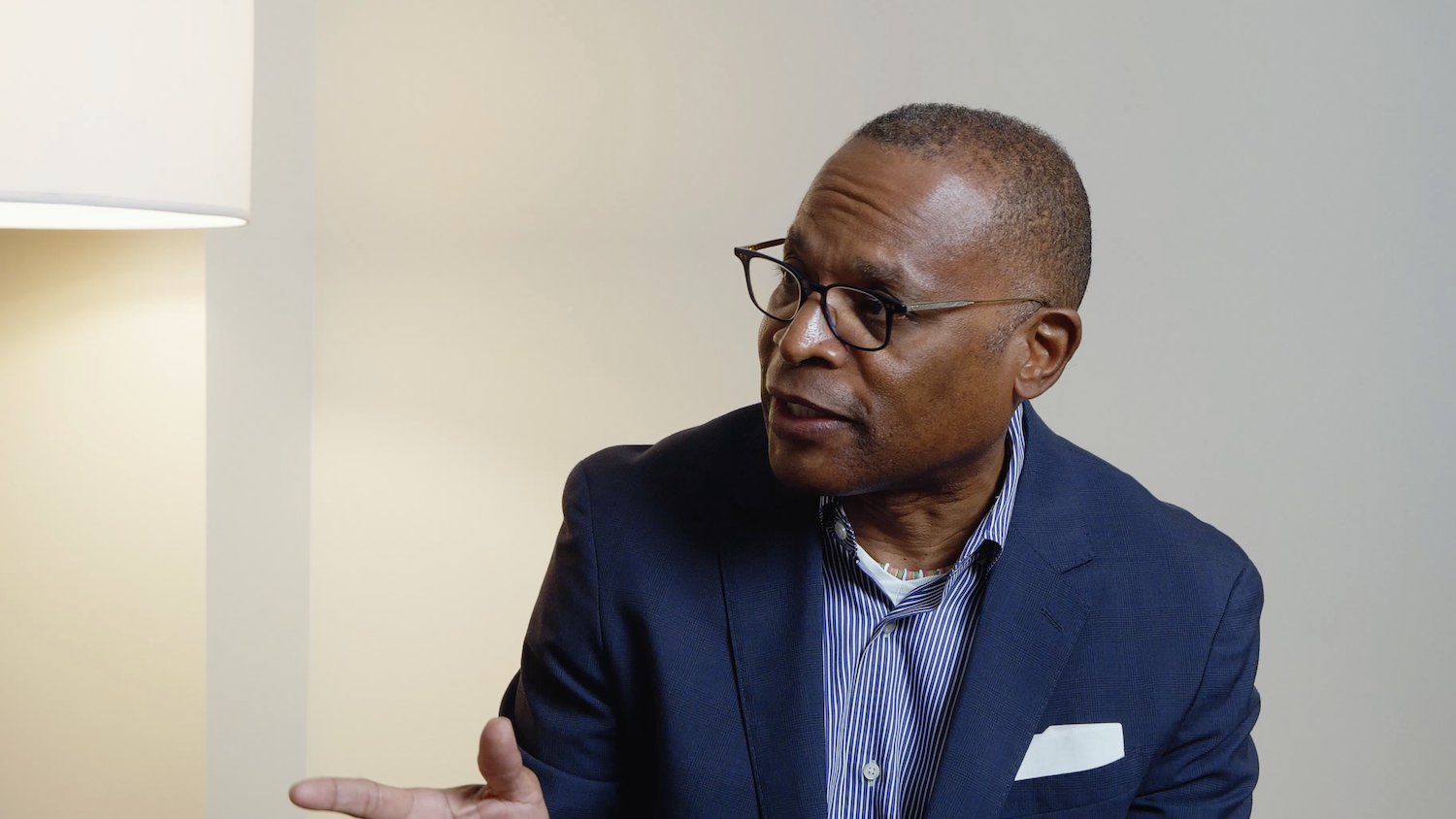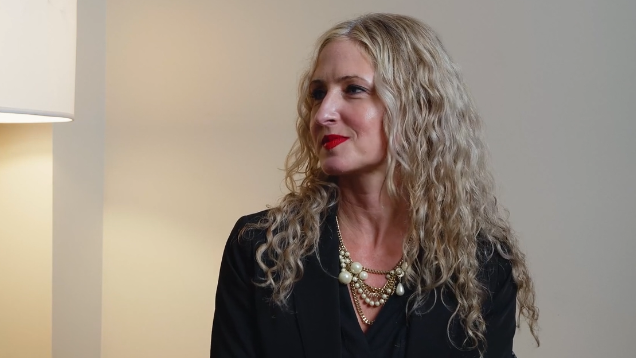Are We Becoming More Risk-Averse?
A June 2, 2013 article authored by Ben Casselman in The Wall Street Journal “Risk-Averse Culture Infects U.S. Workers, Entrepreneurs” highlights how there may be a shift in the U.S. towards greater risk-aversion and that shift may impact the growth of the U.S. economy. Historically, the U.S. has been an economy that has been fueled by risk-takers willing to pursue their dreams through entrepreneurial ventures and company start-ups. Individuals who have been willing to take big risks have founded hundreds of businesses that are major drivers of today’s U.S. economy.
But, that may be changing. According to the WSJ, a broad number of U.S. economists, academics, and politicians believe that this type of risk-taking may be on the decline. Data suggests that the recent financial crisis has caused some individuals to seek greater security in larger, more established enterprises rather than facing the risks of working for small startups or trying to launch one’s own business.
According to the WSJ, new companies made up roughly half of all U.S. businesses in 1982, but now they only represent about a third, which corresponds with a drop in labor working at these entities.
Signs of the entrepreneurial spirit are now more limited to certain industry sectors and regions, such as technology and energy. But, given those industries are limited to certain geographic markets, the economic benefits will be regional versus national.
What’s unclear is whether this shift towards more risk-aversion is temporary or permanent. The article explores a number of potential drivers for this shift, such as concerns about health insurance, higher regulatory barriers for entry, and our aging population.
It will be interesting to see if this shift continues.
Original Article Source: “Risk-Averse Culture Infects U.S. Workers, Entrepreneurs,” Ben Casselman, WSJ, June 2, 2013.
- Types:


